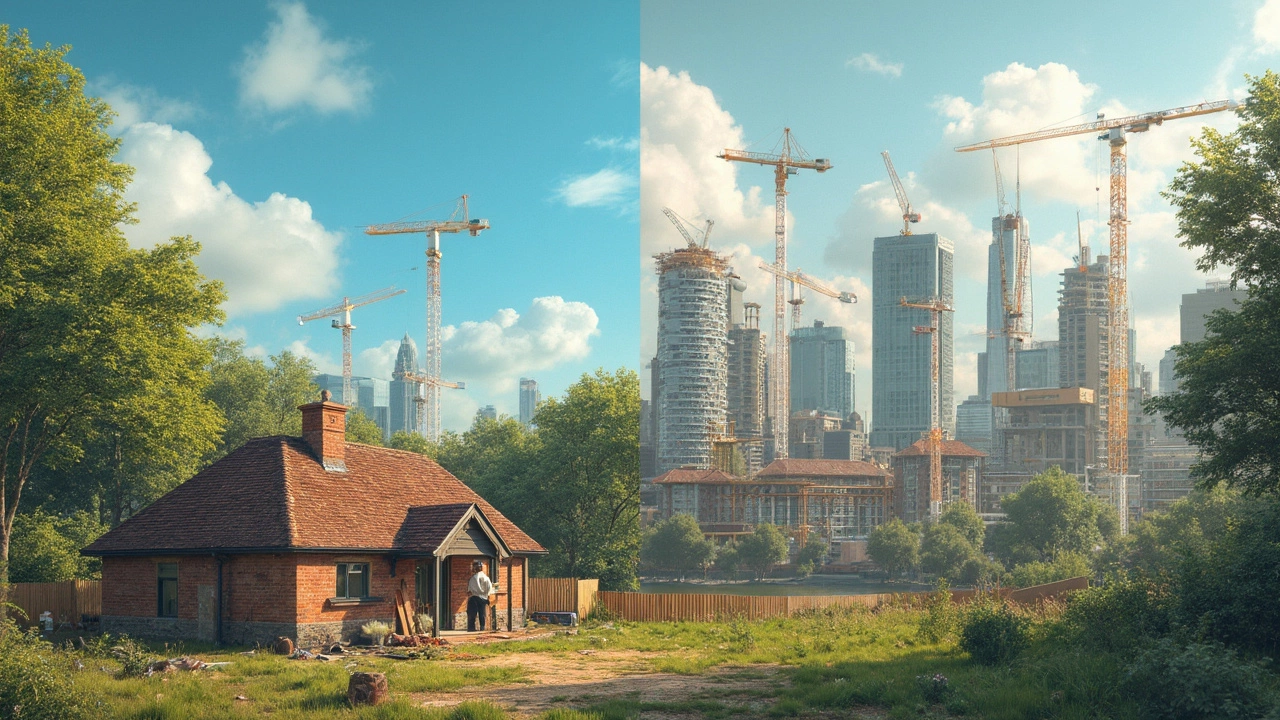Builder Resources and Practical Advice for UK Home Projects
Thinking about building a new home or extending your current one? The biggest question is often: which builder should I trust? This page pulls together the most useful tips, cost break‑downs and red‑flags to help you make a smart decision without getting lost in jargon.
How to Pick a Trusted Builder
Start by checking recent reviews and asking for references. A reputable builder will gladly share contact details of homeowners who have finished similar projects. Look for consistency – good feedback on quality, timelines and after‑sales support matters more than a single glowing comment.
Next, verify credentials. In the UK, a registered builder should have a valid CSCS card, appropriate insurance and be a member of a recognised trade association. Ask to see proof of public liability insurance – it protects you if something goes wrong on site.
Finally, get a written quote that details every item: labour, materials, site preparation and any optional extras. Compare at least three quotes and watch out for huge price gaps; they often signal missing items or hidden costs. A clear, itemised quotation is a sign of professionalism.
Building Costs and Money‑Saving Tips
When you compare building a house versus buying one, the cost difference can be surprising. In 2025, the average new‑build price in the UK sits around £1,800 per square metre, but you can shave 10‑15% off by choosing cost‑effective construction methods like modular panels or dry‑fit kitchens.
Don’t overlook planning permission limits. Extending without permission can save time and fees, but you must stay within permitted development rules – usually no more than 8 metres forward of the original front wall for a detached house. A quick check on your local council’s website will tell you if your project qualifies.
Materials matter for both budget and durability. For foundations, hydraulic cement works best for small cracks, while a high‑strength mix is needed for major repairs. Choosing locally sourced bricks or recycled aggregates can cut transport costs and boost sustainability.
Lastly, schedule a site visit before signing any contract. Seeing the builder’s current work helps you gauge site cleanliness, safety standards and crew professionalism. It also gives you a chance to ask concrete questions about timelines and how they handle unexpected issues.
Whether you’re adding a loft, fitting a new kitchen, or starting from scratch, the right builder makes the difference between a headache and a happy home. Use these tips, do your homework, and you’ll walk away with a project that stays on budget, on time and on point.


